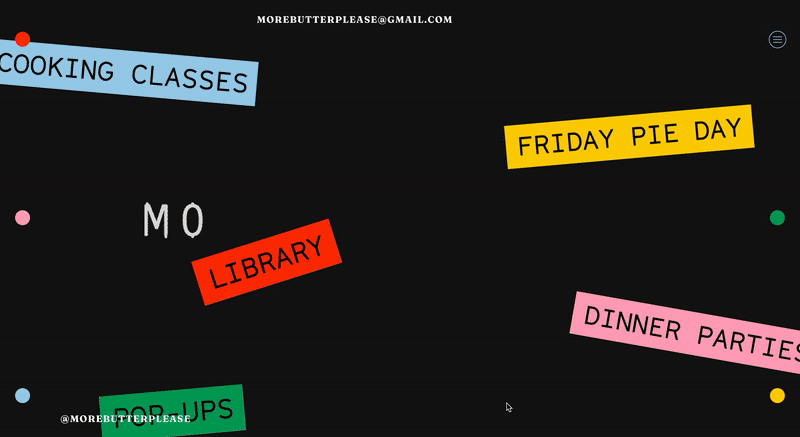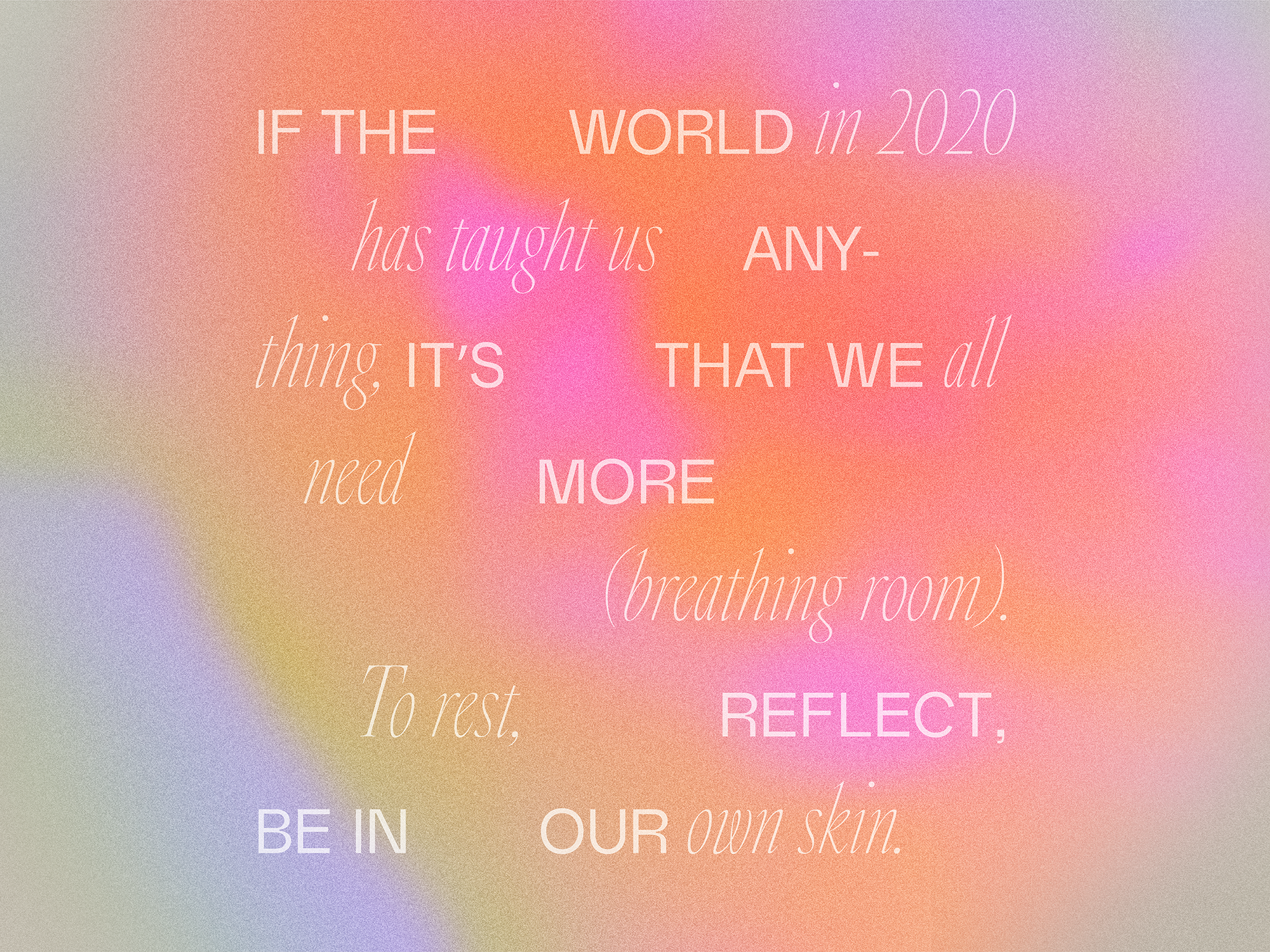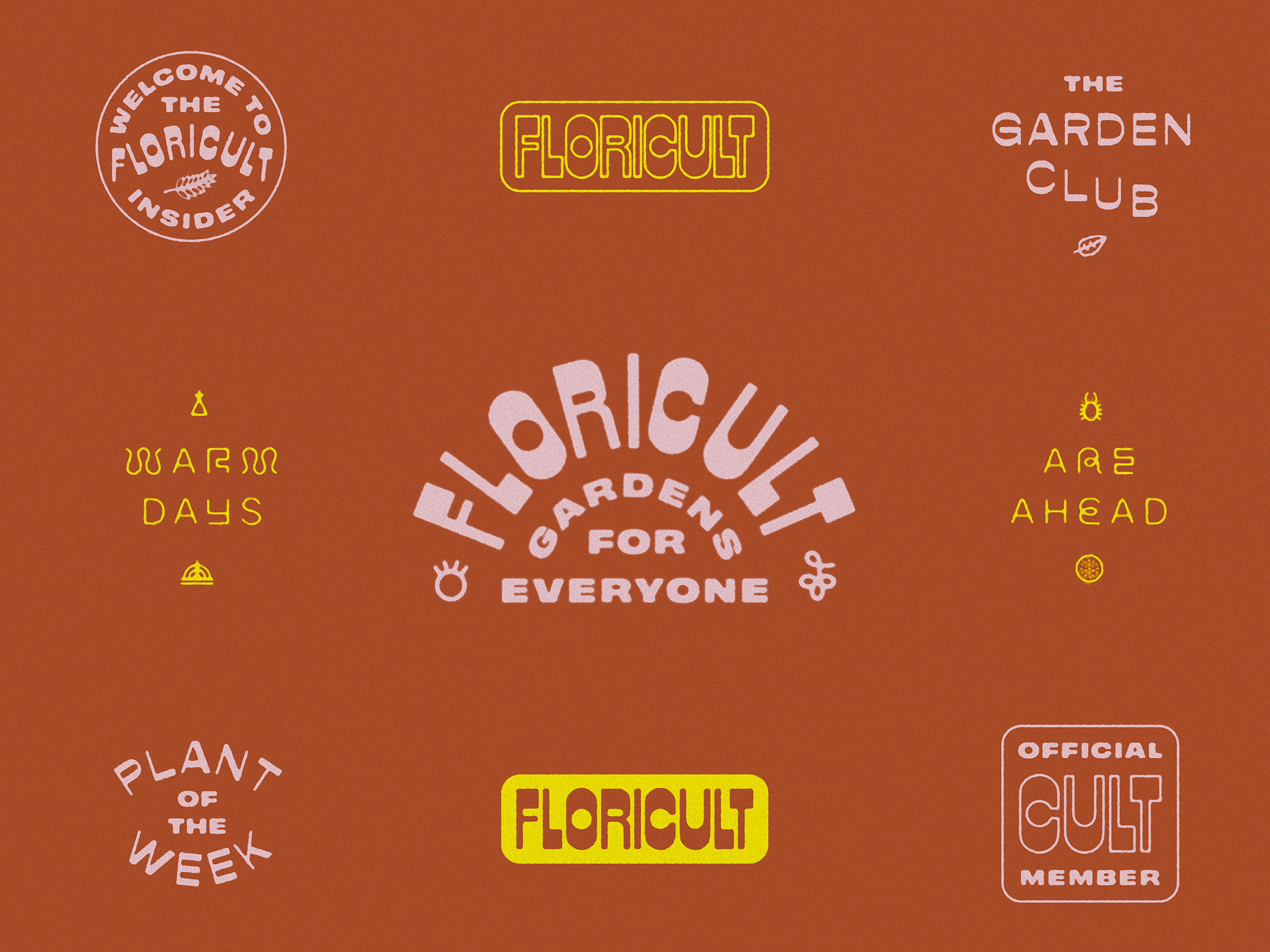Rebekah Rhoden
Daisy by Rebekah Rhoden
Rebekah Rhoden is an independent designer building compelling brands for good people with even better ideas. We spoke with Rebekah to learn more about her career path, where she finds inspiration, and advice for designers just starting out.
Hi Rebekah! Tell us about yourself, how did you get to where you are today? What first sparked your interest in design?
Hi! I'm a designer and art director based in Winston-Salem, NC specializing in branding and packaging for nice companies both large and small. I'd been interested in a wide variety of creative outlets throughout my life, but ended up studying graphic design in college by sheer dumb luck. I was initially interested in design because I thought playing around on computers all day sounded fun (a truly wild thought), but I soon found myself in a real obsession with the craft and began learning as much as I possibly could both in and outside of my classes.
I knew I wanted to eventually work for myself even before I had my first job, and once I reached the level of senior designer, I felt confident enough to give it a shot. So far, it's been incredibly rewarding thanks to a supportive creative community and cool clients who trust me to make them look good.
Designer Rebekah Rhoden
How would you describe your aesthetic and how has your design style changed over time?
One of the things I love about design is that each project requires a custom approach, both visually and conceptually. My aesthetic is always informed by the needs of the project at hand, and those needs vary depending on the brand's strategic vision. My aesthetic has run the gamut from "high-end ornate Victorian" for a heritage-inspired whiskey label to "hyper bubblegum pop" for a social media consultancy with a 90s throwback vibe. Though the style may change, the common threads throughout my work are expressive typography-driven layouts, unexpected color palettes, and dynamic compositions.
Where do you find creative inspiration?
I've found that the most meaningful inspiration often comes when I'm not staring at a screen. Exploring a new city, visiting museums, being outside, and talking with other creative people are all ways I get inspired. Being creative for a living is a uniquely challenging experience because great ideas rarely arrive by the project deadline. All you can do is put in the work, stay curious, and soak up information from the world around you. Inspiration doesn't come all at once; you have to build up a little mental arsenal of ideas and put them to use when the right opportunity comes around.



What’s one of your favorite projects you’ve worked on?
This is a tough one, because I have a lot of favorites for difference reasons! Sometimes I love the way a particular logo comes together or how a packaging design turns out after months of tedious production. But, the true joy in what I do comes from bringing someone's idea to life in a way that feels authentic and interesting.
Sometimes you just set out to design a logo and it ends up as a tattoo or a fancy cake or nail art (all true stories), just because someone liked it that much. It feels really satisfying to have your work resonate with people. When a client feels like I genuinely understood their needs and exceeded their expectations of what their dream can look like, those are my favorite projects.
Papa Doc’s Packaging by Rebekah Rhoden
What are some of your favorite design resources?
I've been listening to the podcast Design Matters with Debbie Millman for many years, and it's one of my go-tos when I need some perspective from other creatives. I've also gotten a lot of helpful insight from Hoodzpah's book Freelance, and Business, and Stuff, and I find myself endlessly referring back to it as I learn to navigate the business side of design.
What advice would you give to designers who are just starting out?
I would encourage designers to make your portfolio memorable. Showcase the work you enjoy doing, the work you're good at, and the work you want to make more of. Your portfolio doesn't need to include every project you've ever worked on, and it can also include projects you made just for fun. Your website itself can even be a portfolio piece. Create a site that stands out from the flood of sterile templated portfolios that are coming through your dream job's inbox, and don't be afraid to let your personality come through.
Thank you for sharing with us Rebekah! To view more of Rebekah’s work, visit her website and check out her shots on Dribbble.
All images courtesy of Rebekah Rhoden.



